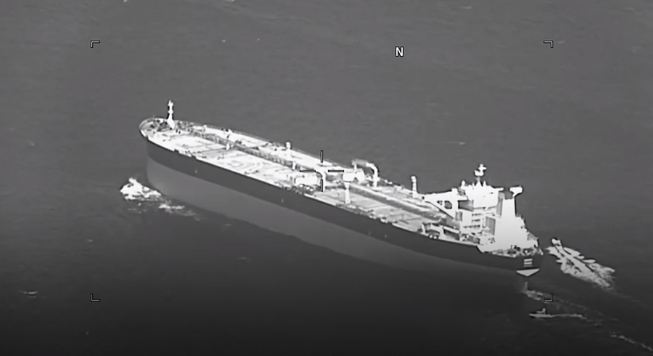US military to bolster defensive posture in Gulf after Iran seizes tankers
Washington (Reuters) – The U.S. military will work to bolster the defensive posture in the Gulf region following Iran’s seizure and harassment of commercial shipping vessels in recent months, U.S. officials said on Friday.
In the past two years, Iran has harassed, attacked or interfered with the navigational rights of 15 internationally flagged commercial vessels, officials said.
“The Department of Defense will be making a series of moves to bolster our defensive posture in the Arabian Gulf,” White House spokesperson John Kirby told a news briefing.
Kirby added that in the coming weeks there would be an attempt to “increase coordination and interoperability” with allies in the Strait of Hormuz.
The U.S. Navy’s Bahrain-based Fifth Fleet said it was working with regional allies to increase the rotation of ships and aircraft patrolling around the Strait of Hormuz.
“Iran’s unwarranted, irresponsible and unlawful seizure and harassment of merchant vessels must stop,” the Fifth Fleet’s commander, Vice Admiral Brad Cooper, said in a statement.
A spokesperson from the U.S. military’s Florida-based Central Command, which oversees American forces in the Middle East, said the United States was discussing options with regional partners.
“Any decisions about force posture will be made after consulting with our allies and will be consistent with the collective desire to ensure the safety and freedom of navigation for all nation,” the spokesperson said.
The moves come after Iran seized a second oil tanker in a week in Gulf waters earlier this month, and the State Department called for its release in the latest escalation in a series of actions against commercial vessels in Gulf waters since 2019.
The U.S. Navy said on May 3 the Panama-flagged oil tanker Niovi was seized by Iran’s Islamic Revolutionary Guard Corps Navy while passing through the Strait of Hormuz. Days earlier, Iran had seized a Marshall Islands-flagged oil tanker in the Gulf of Oman.
Kirby said the United States strongly condemns actions that threaten and interfere with commercial shipping, and will not allow foreign powers to jeopardize navigating Middle East waterways.
About a fifth of the world’s crude oil and oil products passes through the Strait of Hormuz, a choke point between Iran and Oman, according to data from analytics firm Vortexa.



